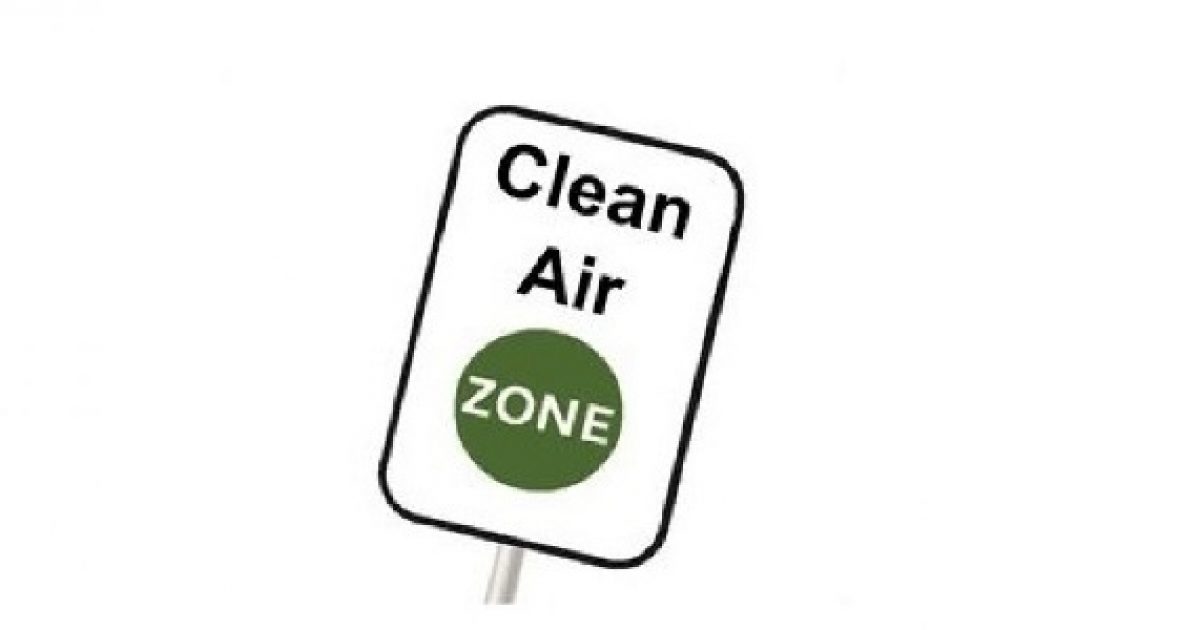
The Government has granted permission to Greater Manchester Authorities to delay the implementation of their Clean Air Zone.
Since Greater Manchester’s proposals were submitted in 2019 there have been a number of challenges, including the impact of Covid-19 on supply chains and the price and availability of second-hand vehicles.
According to evidence provided by Greater Manchester, these impacts will make it harder for people to upgrade to cleaner vehicles, meaning the Clean Air Zone is unlikely
to deliver compliance with legal limits by the original date of 2024.
This has led the Mayor of Greater Manchester to request more time to achieve NO2 compliance and enable Greater Manchester local authorities to review their NO2 plan.
The government has carefully considered the Mayor’s proposal and the Environment Secretary has agreed to allow a short delay to the implementation of the Clean Air Zone.
This will allow Greater Manchester to provide further evidence and a revised plan by July setting out how it will deliver legal levels of NO2 as soon as possible, and no later than 2026.
In making this decision, the Environment Secretary has made it clear that it is his priority to fulfil the Government’s legal obligations to deliver compliance with NO2 limits in the 2shortest time possible”.
The proposed Clean Air Zone will be nearly three times the size of London’s Ultra Low Emissions Zone, and, as a result, “it is important to get this right”, the government said.
Air pollution has reduced significantly since 2010 – emissions of fine particulate matter have fallen by 11%, while emissions of nitrogen oxides at their lowest level since records began. However, “there is more to do”; the Government is investing £880m at a national level to tackle nitrogen dioxide exceedances with nearly £170m already allocated across Greater Manchester.
Ministers and officials will continue to engage constructively with Greater Manchester on its revised plans and updated evidence.
The impact of Covid 19 has widely disrupted the availability of new vehicle stock and along with other publicised factors (such as the microchip shortages), has seen record price rises for second hand vehicles. Access to cleaner vehicles has become more expensive for many and put the transition to Clean Air Zones at risk, especially for those on lower incomes.
Whilst the NFDA support government’s carbon neutrality goals and the steps outlined in last year’s Decarbonisation strategy, extending the time period for the Local Authority to provide further evidence and a revised plan by July is welcome news as it shows that the Government is taking pragmatic action.
